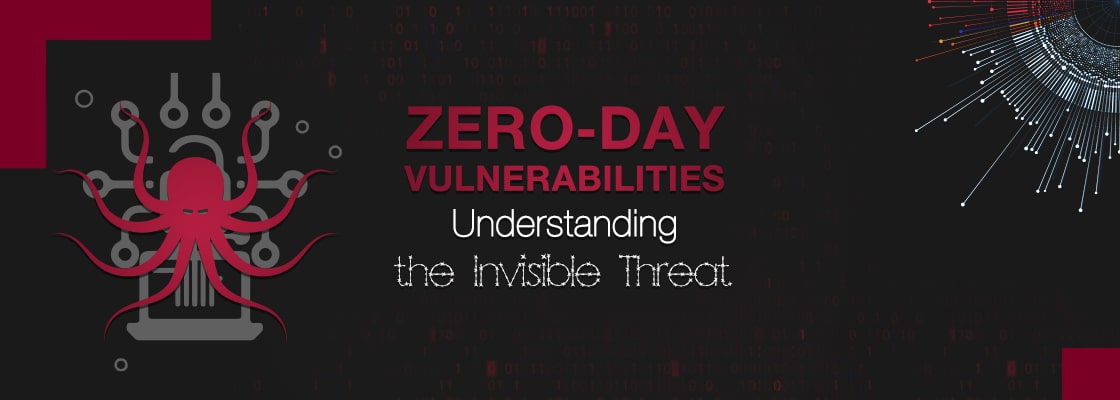
In the fast-paced world of cybersecurity, new threats constantly emerge, posing risks to individuals, businesses, and governments alike. One such formidable threat is a zero-day vulnerability.
Understanding the nature of these invisible threats is the first step in effectively mitigating their risks. By adopting a proactive approach, staying updated, implementing robust security measures, and promoting responsible disclosure, organizations and individuals can strengthen their defenses against zero-day exploits.
What is a Zero-Day Vulnerability?
A zero-day vulnerability refers to a software flaw that is unknown to the software developer or vendor. Unlike known vulnerabilities, which can be patched and fixed, zero-day vulnerabilities leave no opportunity for the affected party to defend against an attack. In other words, cyber attackers leverage these hidden weaknesses to infiltrate systems, bypassing traditional security measures and gaining unauthorized access. The term “zero-day” implies that the software developer has zero days to prepare a fix before the vulnerability is exploited.
Implications and Risks
The implications of zero-day vulnerabilities are profound and wide-ranging. They can result in devastating consequences for organizations and individuals alike. By capitalizing on these unknown flaws, cybercriminals can infiltrate networks, steal sensitive data, disrupt critical services, and compromise the integrity of digital systems. The covert nature of zero-day vulnerabilities allows attackers to maintain a significant advantage, potentially leading to significant financial losses, reputational damage, and even national security threats.
Proactive Measures to Mitigate Zero-Day Vulnerabilities
To effectively mitigate zero-day vulnerabilities, a proactive approach is essential.
Here are key measures organizations and individuals can take to protect themselves:
- Stay Updated: Keep all software, operating systems, and applications up to date with the latest patches and security updates. Regularly check for updates from reputable software vendors to ensure that any known vulnerabilities are promptly addressed.
- Robust Endpoint Protection: Deploy advanced endpoint protection solutions that include antivirus software, intrusion detection systems, and behavior monitoring. These tools can help detect and mitigate attacks leveraging zero-day vulnerabilities.
- Security Awareness Training: Educate employees and individuals on cybersecurity best practices, such as recognizing phishing emails, avoiding suspicious links or downloads, and employing strong passwords. A well-informed workforce can act as a first line of defense against zero-day exploits.
- Vulnerability Management: Implement robust vulnerability management processes, including regular vulnerability assessments and penetration testing. These measures can help identify and remediate vulnerabilities before they are exploited by attackers.
- Threat Intelligence Sharing: Engage in information sharing and collaboration with trusted cybersecurity communities, organizations, and vendors. By sharing threat intelligence and insights on emerging zero-day vulnerabilities, the collective defense against these invisible threats can be strengthened.
The Role of Responsible Disclosure
Responsible disclosure plays a pivotal role in the fight against zero-day vulnerabilities. Security researchers and ethical hackers play a crucial part in identifying and reporting these vulnerabilities to software vendors. By adhering to responsible disclosure practices, researchers provide vendors with an opportunity to develop and release patches, minimizing the window of opportunity for cybercriminals.



